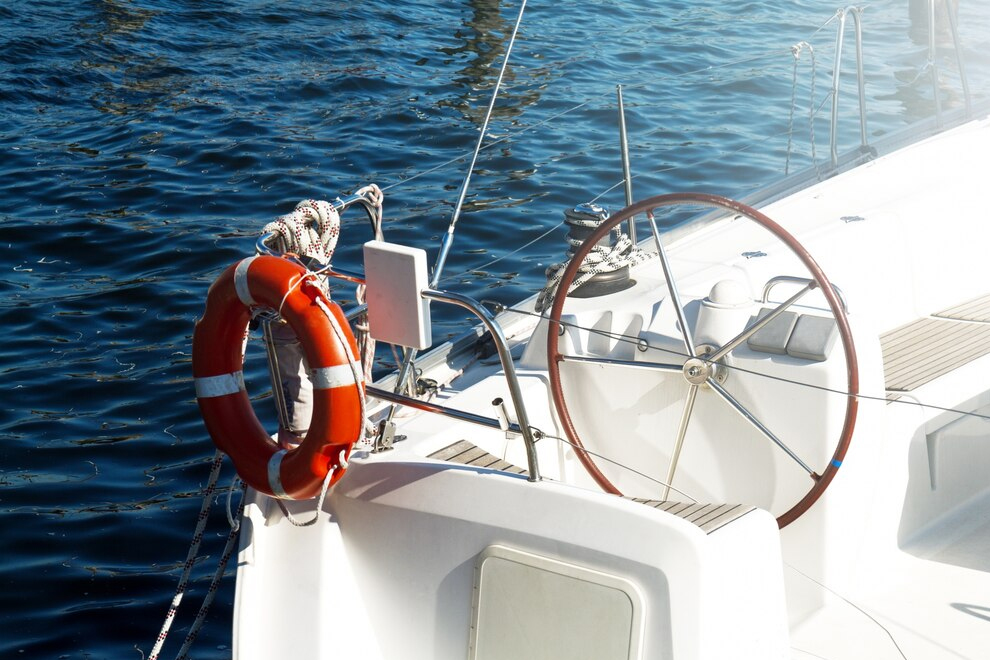
Boating is a thrilling way to explore the open water, whether you’re cruising on a lake, river, or the ocean. But as the captain of your vessel, you have a responsibility to keep yourself, your passengers, and other boaters safe. Before you set sail, make sure you’re familiar with these 10 essential boating safety rules to ensure smooth and enjoyable adventures on the water.
Just like driving, boating has right-of-way rules to prevent collisions. Always stay to the right in narrow channels, yield to larger vessels, and be aware of navigational markers. Know who has the right of way to avoid accidents.
Operating a boat while under the influence of alcohol or drugs is illegal and dangerous. It impairs judgment, reaction time, and coordination. The penalties for Boating Under the Influence (BUI) can be just as severe as a DUI on land.
Before you leave, let someone on land know your float plan—your planned route, destination, and estimated return time. This way, if something goes wrong, authorities will know where to look for you.
Every boat should be equipped with essential safety gear, including:
Check your gear before each trip to ensure everything is in working order.
Boats with enclosed cabins or running engines can build up deadly carbon monoxide (CO) fumes. Ensure proper ventilation, avoid idling in enclosed spaces, and install CO detectors to protect against this invisible hazard.
Speeding can be just as dangerous on the water as it is on the road. Follow posted speed limits and slow down in no-wake zones to protect wildlife, property, and other boaters.
Always keep an eye out for other boats, swimmers, kayakers, and obstacles in the water. Assign a designated lookout to help scan the surroundings, especially in busy areas.
Even experienced boaters can benefit from a refresher. Many states require a boating safety course before operating a vessel. These courses cover navigation rules, emergency procedures, and safe boating practices to make you a more responsible captain.
Boating is all about fun and adventure, but safety should always be a priority. By following these 10 essential boating safety rules, you’ll not only protect yourself and your passengers but also ensure that every trip is a great one.

Useful, Fun and Interesting Info from Like-Minded, Boat-Loving Folks